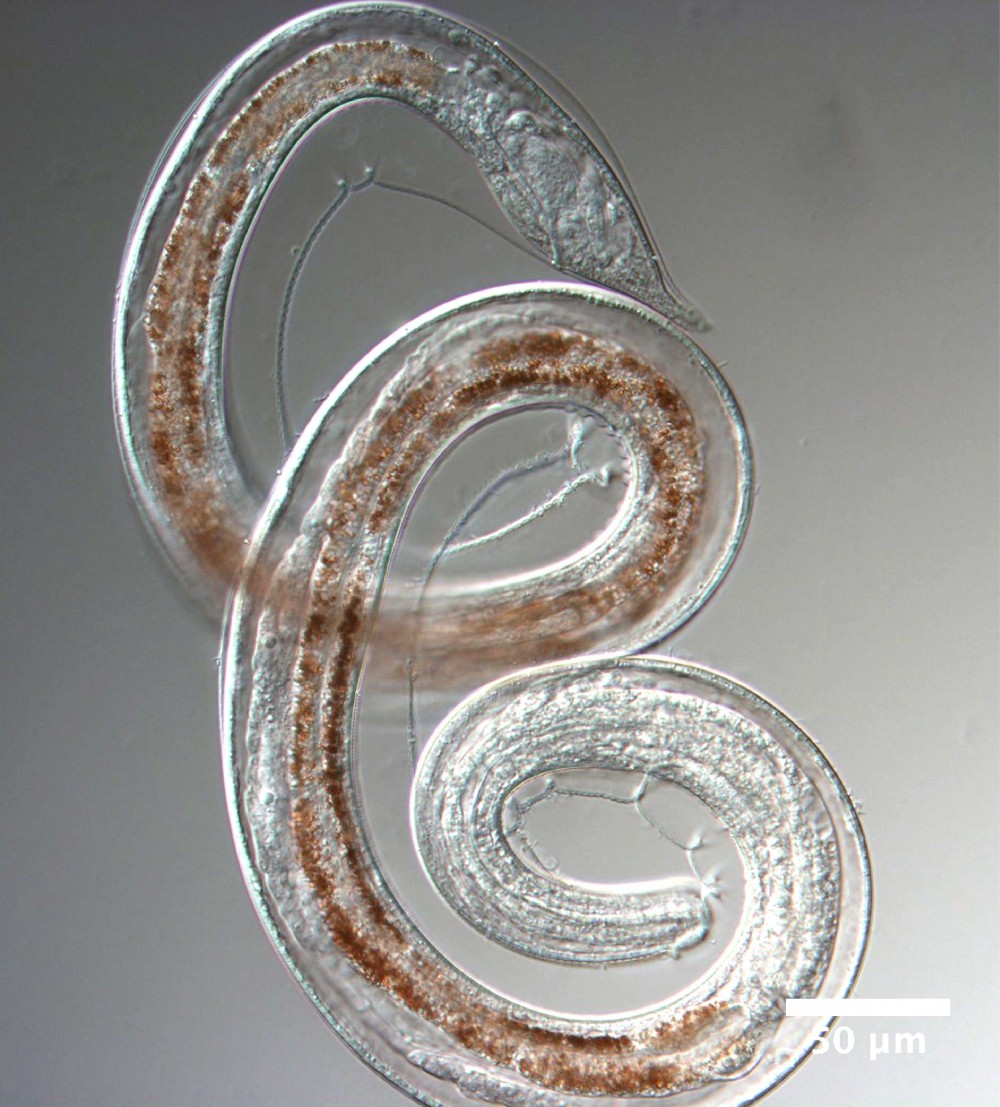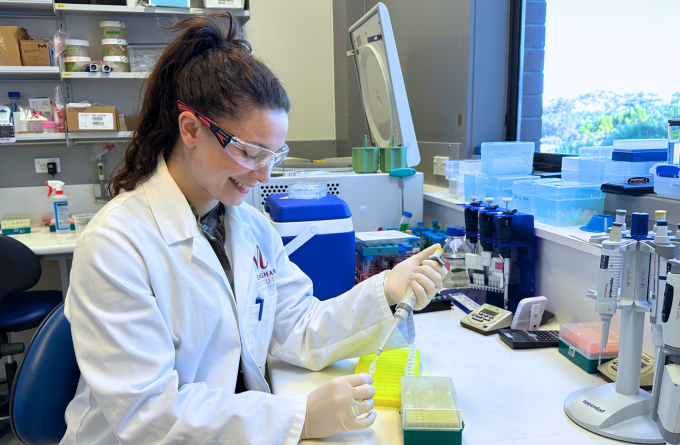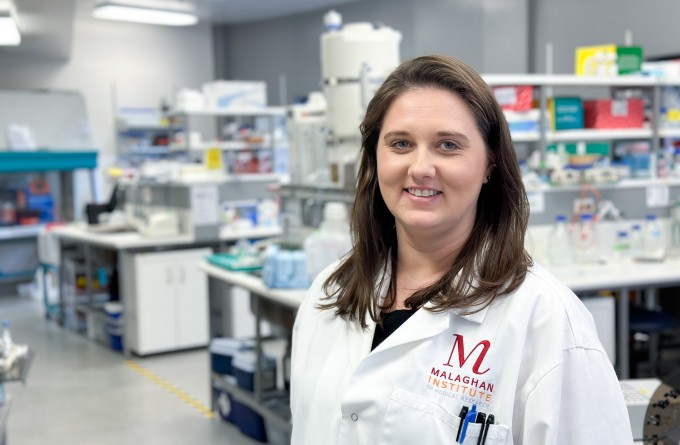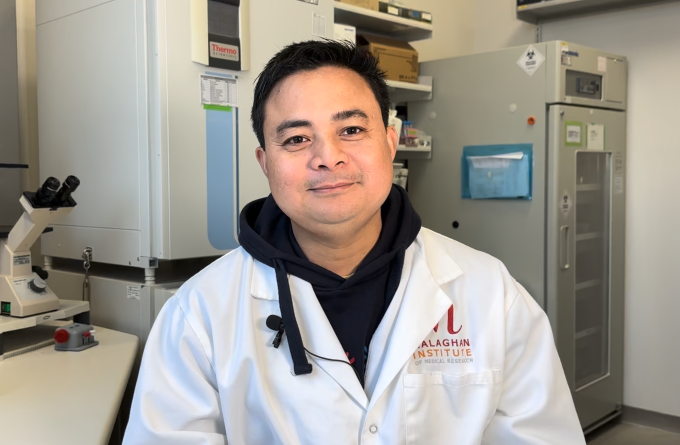6 May 2021
Dr Tom Mules speaks to RNZ about how human hookworms show a remarkable ability to dampen down aggressive immune responses, offering an exciting potential for treating autoimmune or inflammatory diseases.
The Malaghan Institute's hookworm clinical therapy programme aims to explore the therapeutic benefits of the human hookworm necator americanus.

This Health Research Council funded programme involves infecting volunteers with a controlled dose of hookworm, and monitoring how they affect their hosts' health and immune profile. The study has since moved onto working with patients with ulcerative colitis, with plans to expand the programme further in the future.
Malaghan Institute clinical consultant Dr Tom Mules, a gastroenterologist in the Wellington region who is working on the hookworm programme, sat down with RNZ to discuss the wider programme and our motivations for conducting this study.
Related articles

Double doctor: exceptional thesis awarded to Malaghan gastroenterologist
5 June 2024

In Focus: Mapping the lung's fight – how the entire organ responds to infection
18 April 2024

New research suggests hookworms could offer protection from severe Covid symptoms
14 August 2023

‘Infect and forget’: Hookworm study sets groundwork for medication-free management of inflammatory bowel disease
16 June 2023

In Focus: From tiger conservation to parasites and the allergy epidemic
10 May 2023

Samoa Capital Radio - science series with the Malaghan Institute
3 October 2022
